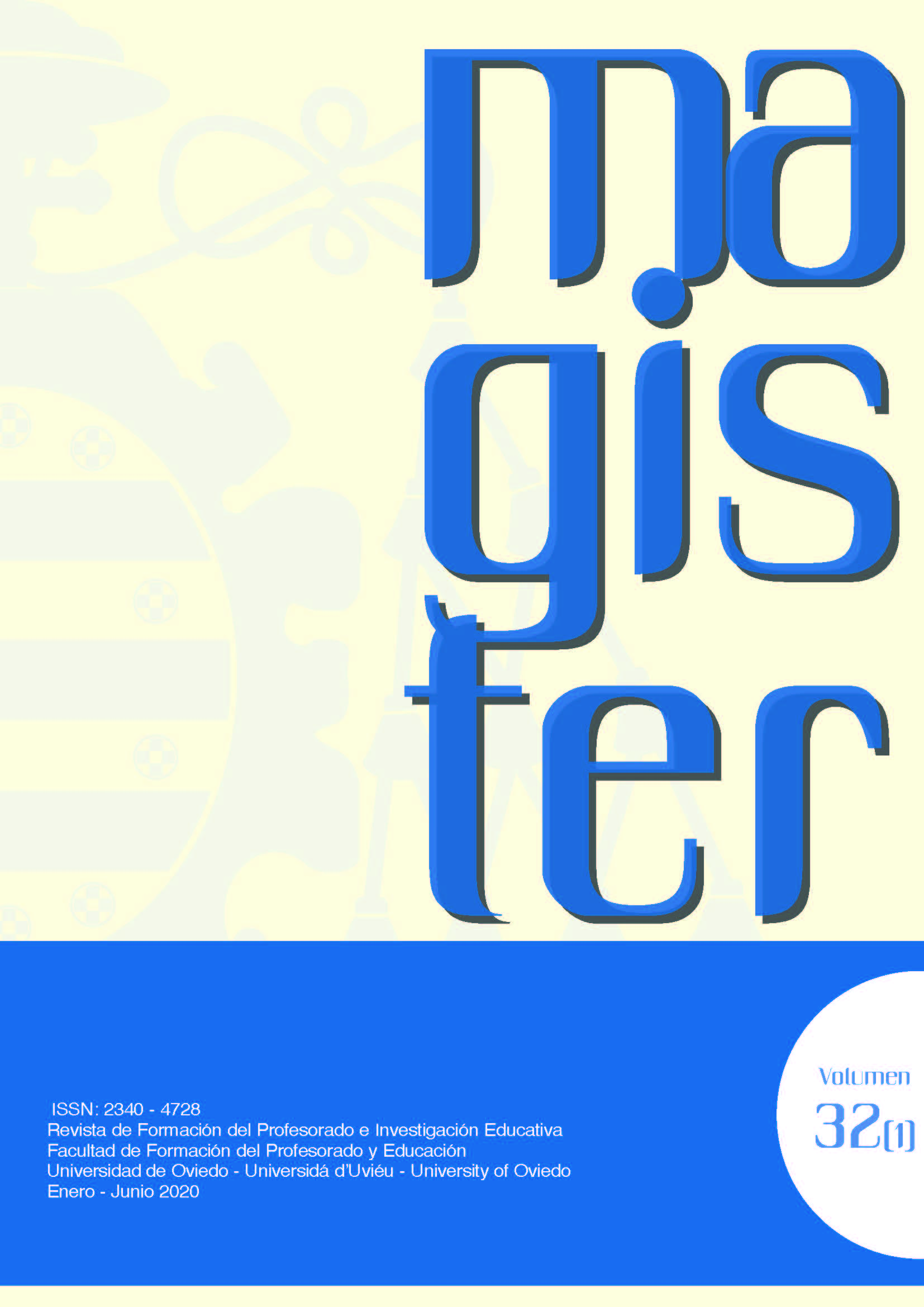Abstract
Introduction. The Problem-solving before Instruction Approach (PS-I) was applied to the teaching of attentional models in the subject of Psychology of Attention. The approach responded to the need of adapting to the online classes during the confinement generated by the health crisis. This pedagogical approach makes students participate in the learning process, especially complicated within the teaching of selective attention models. Methodology. Before the instruction about models of attention, from the moodle of the course students were asked to solve a problem in which they had to invent their own models of attention. At the end of this activity, students were asked to report the emotions they had experienced during it. Their level of participation and their performance in the activity were also evaluated. Results. Students showed a remarkably high participation, as well as quality and variety in the solutions provided to the problem. Most showed a mature use of specific terminology. Conclusions. The PS-I promoted a good understanding of the subject and a high involvement of students in the learning process, enriching the format of non-face-to-face teaching.References
Barth, M., Godemann, J., Rieckmann, M., & Stoltenberg, U. (2007). Developing Key Competencies for Sustainable Development in Higher Education. International Journal of Sustainability in Higher Education, 8, 416-430. doi:10.1108/14676370710823582
Belenky, D. M., & Nokes-Malach, T. J. (2012). Motivation and Transfer: The Role of Mastery-Approach Goals in Preparation for Future Learning. Journal of the Learning Sciences, 21(3), 399-432. doi:10.1080/10508406.2011.651232
Broadbent, D. (1958). Perception and communication. Elmsford, NY, US: Pergamon Press. doi. org/10.1037/10037-000.
Clark, R., Kirschner, P. A., & Sweller, J. (2012). Putting students on the path to learning: The case for fully guided instruction. American Educator. Retrieved from https://www.aft.org/sites/default/files/periodicals/Clark.pdf
D’Mello, S., & Graesser, A. (2014). Confusion. In P. A. Alexander, R. Pekrun, & L. Linnenbrink-Garcia (Eds.), International handbook of emotions in education (pp. 289-310). New York, NY: Taylor and Francis.
Di Leo, I., Muis, K. R., Singh, C. A., & Psaradellis, C. (2019). Curiosity... Confusion? Frustration! The role and sequencing of emotions during mathematics problem solving. Contemporary educational psychology, 58, 121-137. doi:10.1016/j.cedpsych.2019.03.001
Feriver, S., Olgan, R., Teksoz, G., & Barth, M. (2019). Systems Thinking Skills of Preschool Children in Early Childhood Education Contexts from Turkey and Germany. Sustainability, 11(5), 26. doi:10.3390/su11051478
Kapur, M. (2014). Productive Failure in Learning Math. Cognitive science, 38(5), 1008-1022. doi:10.1111/cogs.12107
Loibl, K., Roll, I., & Rummel, N. (2017). Towards a Theory of When and How Problem Solving Followed by Instruction Supports Learning. Educational psychology review, 29(4), 693-715. doi:10.1007/s10648-016-9379-x
Loibl, K., & Rummel, N. (2014). Knowing what you don't know makes failure productive. Learning and Instruction, 34, 74-85. doi:10.1016/j.learninstruc.2014.08.004
Pekrun, R., Vogl, E., Muis, K. R., & Sinatra, G. M. (2017). Measuring emotions during epistemic activities: the Epistemically-Related Emotion Scales. Cognition and Emotion, 31(6), 1268-1276.
Schwartz, D. L., Chase, C. C., Oppezzo, M. A., & Chin, D. B. (2011). Practicing Versus Inventing With Contrasting Cases: The Effects of Telling First on Learning and Transfer. Journal of educational psychology, 103(4), 759-775. doi:10.1037/a0025140
Schwartz, D. L., & Martin, T. (2004). Inventing to prepare for future learning: The hidden efficiency of encouraging original student production in statistics instruction. Cognition and instruction, 22(2), 129-184. doi:10.1207/s1532690xci2202_1
Simpson, A., & Maltese, A. (2017). "Failure Is a Major Component of Learning Anything": The Role of Failure in the Development of STEM Professionals. Journal of Science Education and Technology, 26(2), 223-237. doi:10.1007/s10956-016-9674-9

